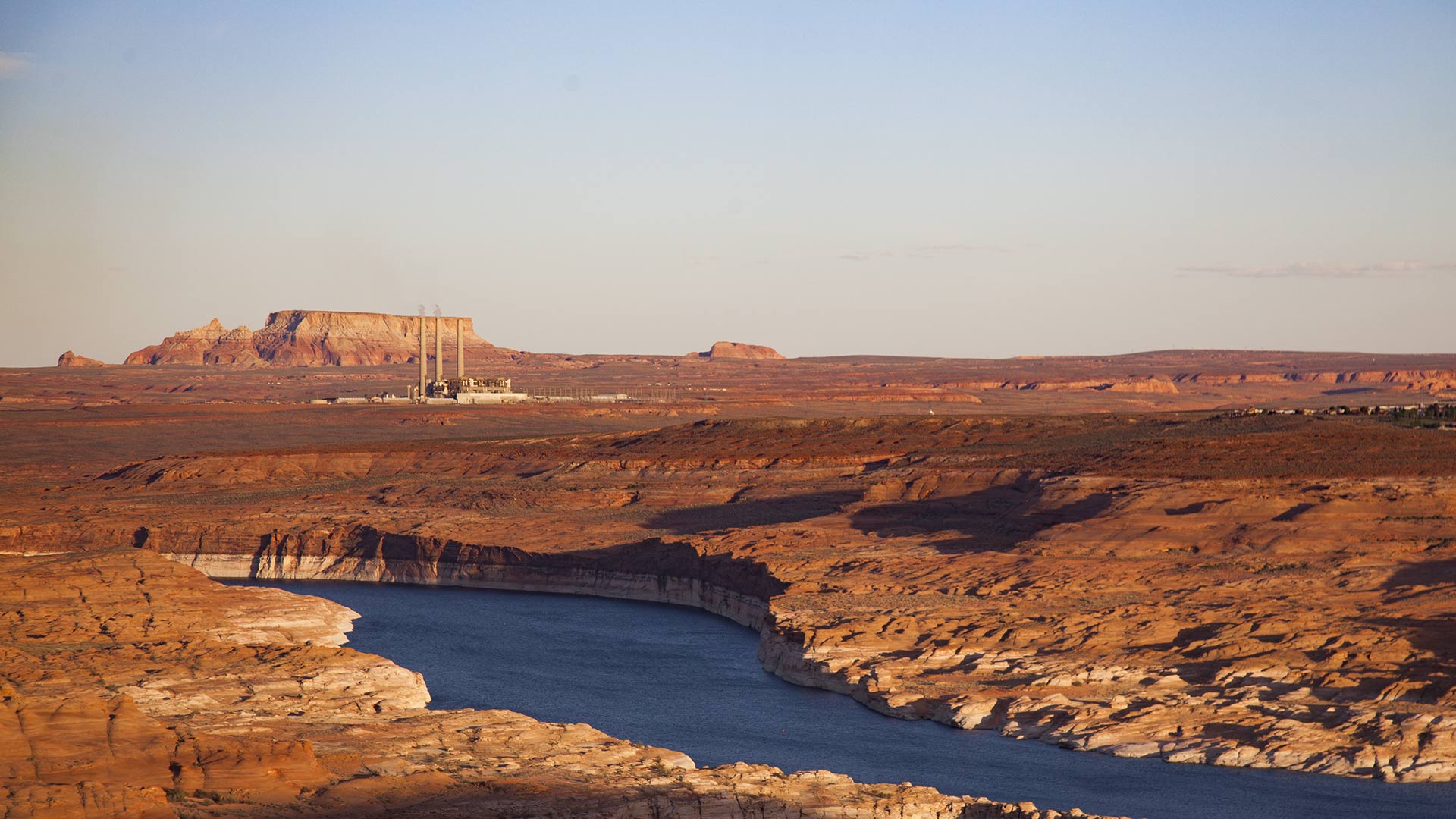ALBUQUERQUE, N.M. — Navajos seeking to become president of the Navajo Nation, the country's largest American Indian reservation, began submitting applications Thursday.
The race has drawn interest from political newcomers and tribal members who previously sought the office or served as lawmakers.
With the expected closure of a coal-fired power plant on the reservation at the end of 2019, economic development will be a key issue. The tribe relies heavily on revenue from the Navajo Generating Station near Page and its supply mine for up to 35 percent of its general budget.
Issues involving water, roads, infrastructure and veterans regularly top candidates' platforms.
The top two vote-getters in the Aug. 28 primary will choose their running mates and move on to the Nov. 6 general election.
Navajos also will be voting for representatives to the 24-member Tribal Council along with education and election boards.
The deadline to file is May 30, a timeframe reduced from 90 days in previous elections so tribal officials have a more efficient way to review the applications in the two weeks after they are due, they said.
 The Navajo Generating Station can be seen beyond Lake Powell near Page, Arizona, April 2018.
The Navajo Generating Station can be seen beyond Lake Powell near Page, Arizona, April 2018.Three people — Tom Chee of Shiprock, New Mexico, Emily Ellison of Chichiltah, New Mexico, and Nicholas Taylor of Klagetoh, Arizona, had filed for the president's race before the close of business Thursday.
Some 87,330 Navajos are registered to vote so far.
Current tribal President Russell Begaye hasn't said whether he'll seek re-election.
Begaye won the job in a drawn-out election overshadowed by a question about Navajo language fluency. He came in third in the primaries but was moved up to the general election after Chris Deschene was disqualified for failing to prove whether he spoke the language fluently. Deschene argued he was unfairly being singled out.
The general election for the presidency was postponed by months. Begaye beat out former Navajo President Joe Shirley Jr. and was inaugurated in May 2015.
The Tribal Council eventually passed a bill that lets voters decide whether candidates are fluent enough in the Navajo language.
Lee said he expects that change to draw interest in the race.
"A lot of voters, they want to make sure that they select the right candidate," he said. "So I really think it's going to be somewhat a voters' choice. It doesn't matter whether that person speaks Navajo or not."

By submitting your comments, you hereby give AZPM the right to post your comments and potentially use them in any other form of media operated by this institution.